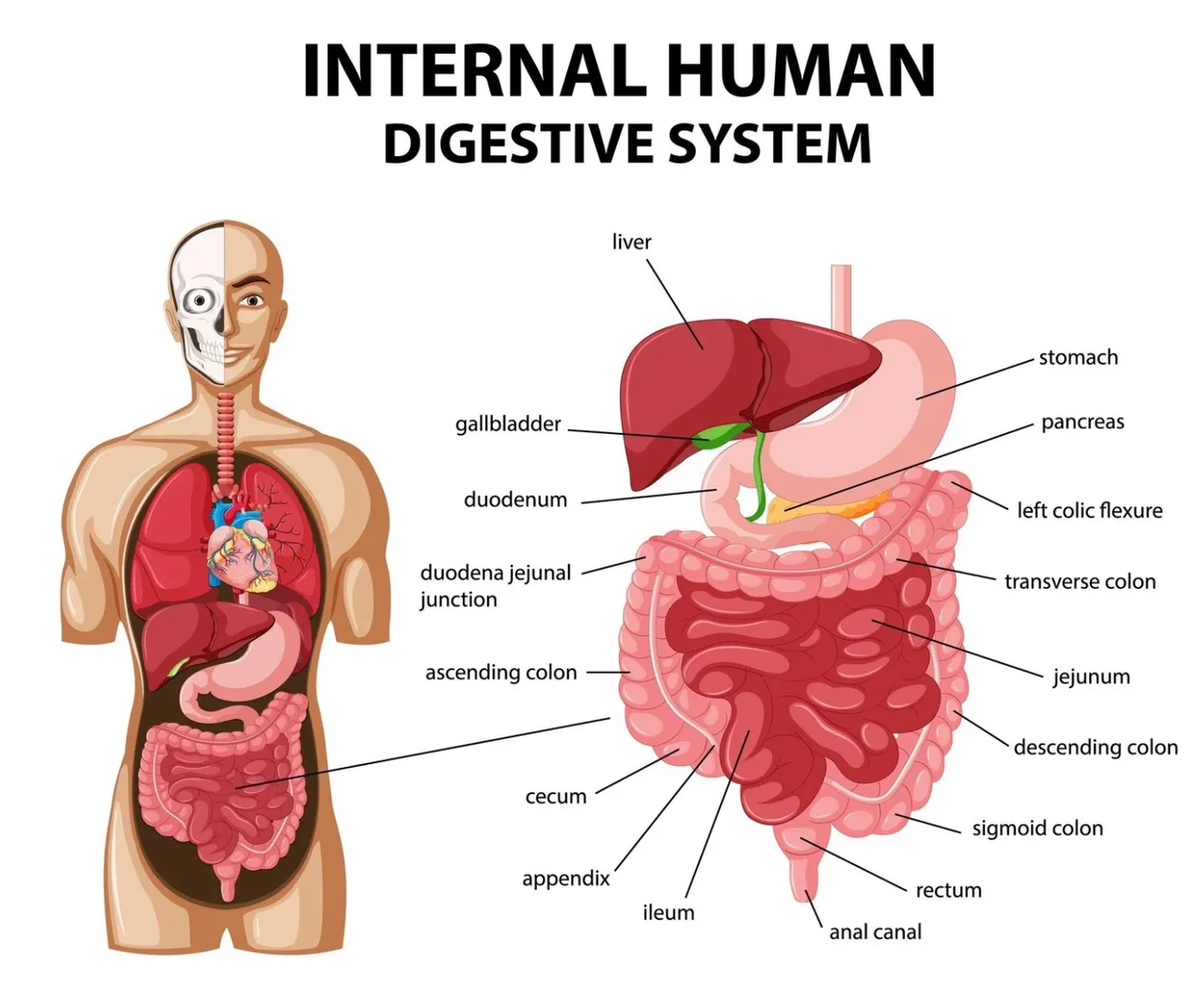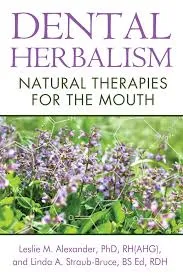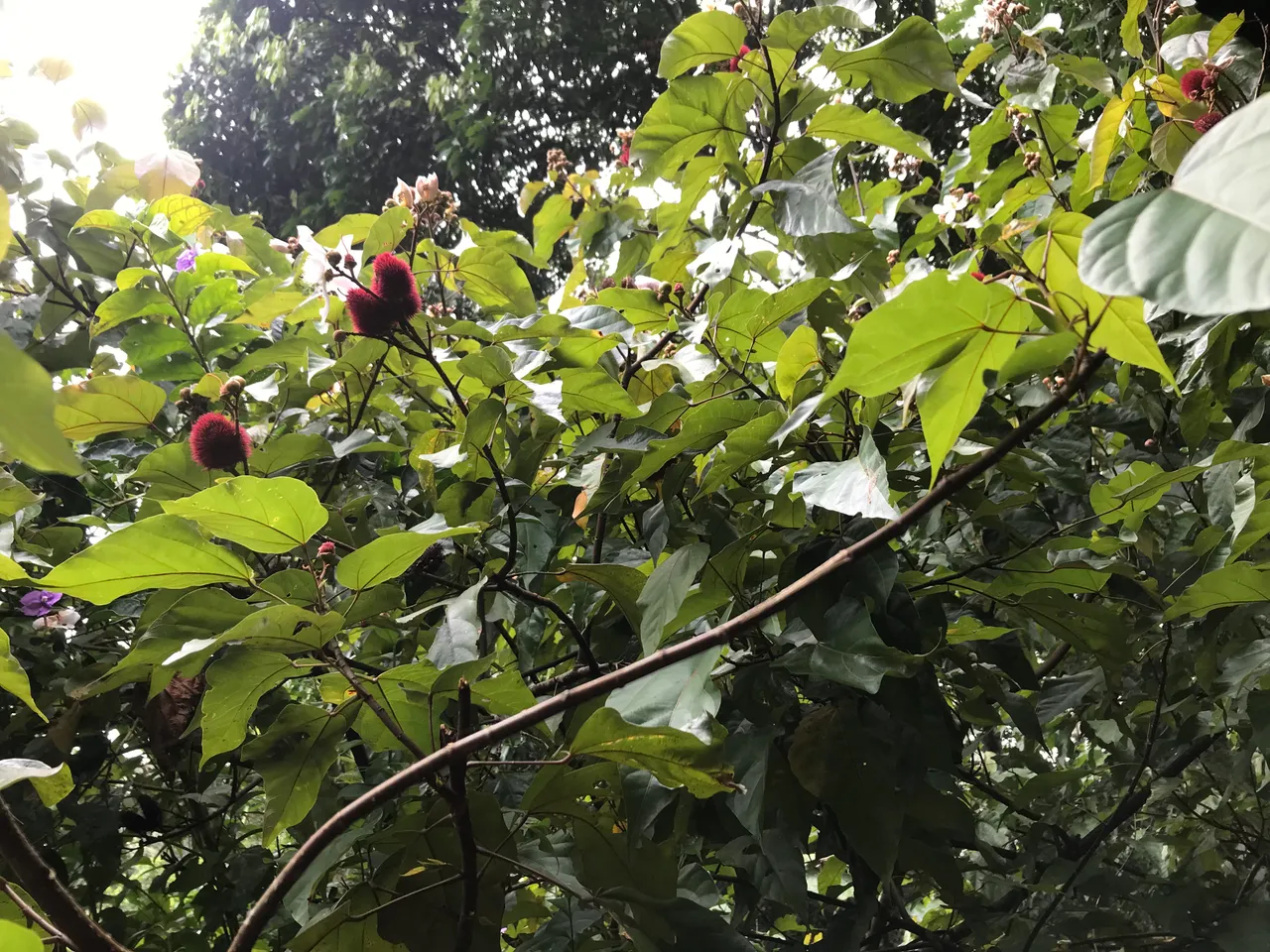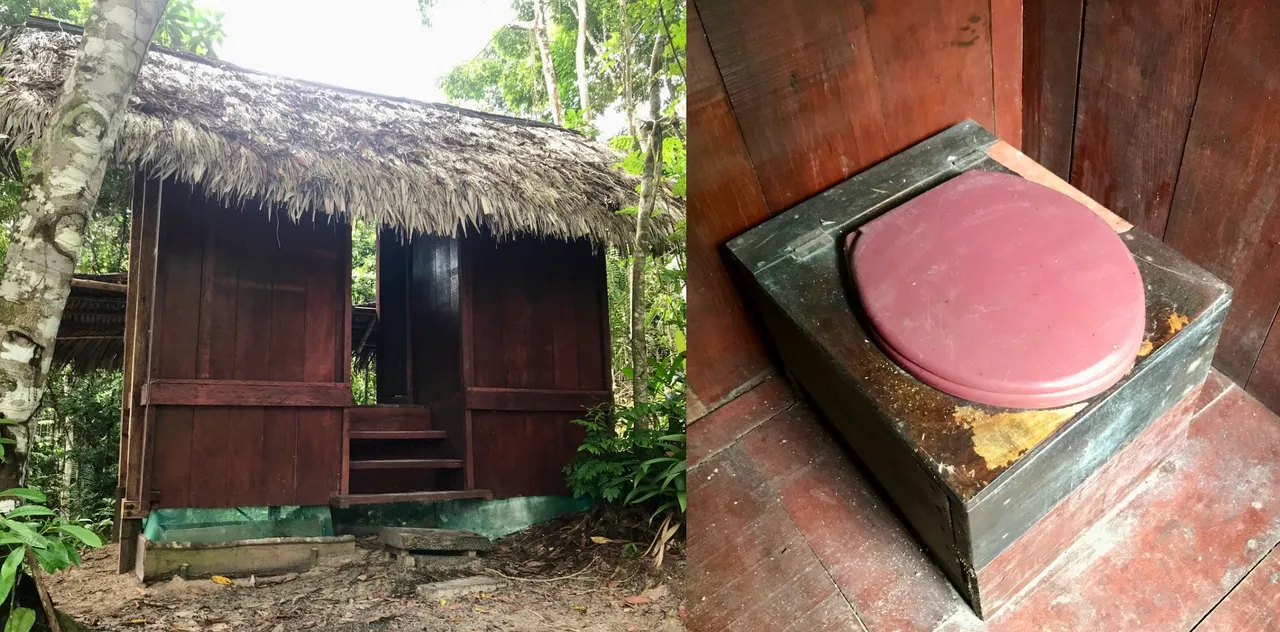Eating is awesome! Food tastes good, and it keeps you alive! And, when done properly, eating doesn't just keep you alive; it also gives you the energy and vibrant health that you need to achieve your goals and live a fulfilling life.
But what actually happens after we swallow our delicious treats, and why is it important to know what adventures our food encounters during the journey of digestion? Let's take a look at that.

Image by brgfx on Freepik.
The overall picture, simplified
Food passes from your mouth through the oesophagus to the stomach. The stomach deposits it into the small intestine, which moves it to the large intestine, whose job it is to make poop and expel it to the outside.
The mouth, stomach, and intestines each have their own specialties within the overall digestive process. They get some help from the glands, the pancreas, the liver, and the gallbladder.
Our mouth focuses mainly on starch and works a little on fats. In the stomach, starch digestion continues slowly while the attack on proteins and fats sets in. The small intestine is where the party really gets going; it completes the digestion of protein, carbs, and fats. Here, most nutrients should be absorbed, and a lot of water is extracted as well. The large intestines can still absorb some nutrients, mainly water. The bacteria here work on getting solids into the right consistency for easy delivery to the toilet. Fluids are expelled via the kidneys and bladder.
What does digestion do?
From the stuff we eat, the body generates the energy we need to remain active and alive. Certain substances are needed as building blocks, to make children grow, to replace worn-out parts in the bodies of young and old, to create hormones, to create DNA, etc.
However, when food enters our body, it isn't yet in a form that the body can use. The substances are too complex and need to be broken down into smaller, simpler compounds. This is roughly what the digestive process does. These smaller and simpler substances are absorbed through the skins (usually called walls) of the organs involved in digestion, mainly in the small intestine. Its wall is able to let small substances through so they can move into the blood and carry on their travels to all the places in the body where they are needed. The digestive organ's walls' also contain muscles that move the food along. This is called peristalsis.
Digestion and the autonomic nervous system
These muscles, as well as other components of the digestive system, are controlled by our autonomic nervous system. This is not under our conscious control, but happens automatically. This system is divided into two parts: the sympathetic system and the parasympathetic system, and either one or the other is leading the show.
Now, the parasympathetic system is active when we are more or less at rest, and it is then that it activates our digestion. The sympathetic system is active when we are busy, when exercising, and also when we are stressed.
For proper digestion, we thus need the parasympathetic system, we need rest. We need to sit, avoid heated discussions, and avoid viewing things that upset us when we eat. It is not like nothing gets done if you eat in a bad mood, but things happen more efficiently when you can enjoy your meal while feeling relaxed. And so, not eating things that disgust you (but that you think are healthy) can also kind of help you out.
The importance of the senses
When we see, smell, or taste food, our vagus nerve tells the stomach to start preparing its digestive chemicals. The vagus nerve is part of our parasympathetic nervous system and functions well in states of rest and relaxation. When stressed, this communication doesn't function well. The stomach will still find out that we are eating, but it is possible that fewer chemicals will be welcoming the food when it enters the stomach.
Also, for different types of food, the body needs to create different chemicals—enzymes, also called digestive juices—to process them. The body knows what type of food it has been fed by the taste of it. The taste associated with carbs, for example, is sweetness, for protein umami.
The organs can taste too
There are taste receptors not only in our mouth but also in our stomach and intestines. These help the body know what kind of food needs to be processed. They can also detect toxic substances and activate the mechanisms of expulsion, like vomiting. Also, if you eat something that results in unpleasant results, like a night on the toilet, then you might become repulsed by that food after this event.
When we experience digestive issues and our habit is to eat meals of many different foods mixed together, coated by oil and a tasty sauce, then it can help to eat more simple dishes. This makes it easier for the body to know or even to re-learn what it is being fed and how to process it properly.
Digestion starts before you swallow your food
There are things that we swallow whole, like supplements. These are made to easily dissolve in the right place in your digestive system. But generally, chewing before swallowing your food is of immense importance.
Our saliva contains digestive enzymes that start to break down carbs and fat. Salivary amylase, also called ptyalin, starts to break down carbs into smaller particles, and lingual lipase works on fats. Now, these enzymes can only work on the outer surface of a piece of food. The bigger the chunk, the bigger the amount of food inside of it that cannot be reached by the digestive enzymes. Chewing creates smaller pieces and thus makes sure that more gets digested. The more we digest and break apart in our mouth, the easier the job gets for the stomach and intestines. This also benefits the lysosomes that are in our saliva and attack bacteria and viruses found in our food. They, too, can only work on the outer parts of food chunks.
Amylase works best in an alkaline environment (a higher PH) that we find in the mouth. Combining acid-containing foods with starchy ones can decrease the effectiveness of the amylase enzyme, which also helps break down those carbs that get stuck to the teeth. This explains the plaque effect of ingesting too much acidic stuff.
When we swallow our food, we create a sort of ball out of it. They call this a 'bolus'. This ball of food particles coated with saliva enters the stomach, which takes it apart again.

Chewing, but also dental health, are important for keeping your digestive system (and the rest of your body) healthy. When reading the above book I learned that infections in the mouth can spread to other parts of the body. The book also has some great recipes for home-made toothpastes.
The stomach can digest itself
The lipase that started to break down fats in our mouth can function in more acidic conditions and can thus continue its job in the stomach, which is more acidic (a lower PH). The glands in the stomach wall also secrete some lipase to further aid in the breakdown of fats.
The carb particles that were chewed well and remained covered with a layer of alkaline saliva can still continue to be digested while the stomach builds up its acid secretions and releases enzymes, like pepsin, that break down proteins.
The funny thing about the stomach is that it is also made up of protein, and it is basically able to digest itself. Now, that would be problematic for our survival. Luckily, the inside of the stomach wall is covered by cells that excrete mucus. This mucus protects the stomach wall from being fully digested by its enzymes and gastric acid. Still, it is said that for 30 to 40 grams of protein, about 40 to 50 grams of protein from stomach wall cells, enzymes and mucus is digested in the process.
Keeping the acid in check
This makes it clear that an imbalance between the amount of acid and mucus can get us into trouble. Without this protective layer, and the intestines have similar ones, these organs can get more easily irritated, especially by more harsh foods like spicey spices, high salt intakes, pesticides, and coffee, which is said to can create some upsets. Patches of irritated stomach wall can appear that can turn into wounds, and when we do not address uncomfortable feelings in our organs for months or years, we set ourselves up for more unpleasant adventures in the hospital.
But the acid in the stomach is also very important. It aids iron absorption, and when it is acidic enough, most bacteria cannot survive. Coffee is actually an acid forming beverage and thus increases the acid levels in the stomach. So pay attention and don't drink too much. It's not like a litre of coffee a day is going to help your stomach be bacteria-free; it's more likely to cause less funny issues in the long run.
Intrinsic factor
Besides just breaking stuff down, the stomach also creates something: a perfect match. Vitamin B12 cannot be absorbed in the small intestine just as it is. The stomach provides the solution by creating 'Intrinsic factor' and linking this up with the vitamin. Together they can be absorbed in the small intestine.
Delivery times
Simple drinks like water can travel through the stomach in minutes because there simply isn't much material to digest. A milkshake or a soup takes a bit longer since more processing needs to be done. Some fruits are delivered to the small intestine in an hour or two. Veggies take a bit more time; the more covered in oil or sauce they are, the more time they take.
Next in line of speed are the grains and other starchy foods, followed by foods containing more protein. Fat processing takes the longest before it goes to the small intestine.
Generally, it is advised to leave at least 3 hours between meals so your stomach has the time to sufficiently empty itself up before a new load comes in.
The small intestine has fingers
The small intestine is huge! If we could fold it out, it would be about 30m2. This is so because the adult small intestine is about 3 to 5 metres long, and on the inside it is covered with villi—tiny fingers—and those are covered with microvilli, even tinier fingers! These really miniscule and even smaller fingers make it so that the total surface of this organ is gigantic compared to the size of our bodies.
When food enters the more alkaline small intestine, it continues to get processed, and the more it gets moved towards the end, the more the focus moves towards absorbing nutrients. Its gigantic size helps it to absorb more nutrients; however, it also enables it to absorb more pesticides and other nasties that might still be in the semi-digested mass of food.
To finalise the digestive processes, the small intestine generates some enzymes, receives some from the pancreas, and the gallbladder delivers bile that was created by the liver. Together, these digestive juices complete the breakdown of protein, carbs, and fats into more simple substances that the body is able to absorb and further process into the things it needs.
The liver is indispensable for life
Our liver performs many super-important tasks in our bodies. Think twice about that third, fourth, or ... cocktail, because it really doesn't do you much good to overload your liver with toxins. Yes, alcohol is a toxin in the eyes of the liver. And when it has to deal with too much toxic stuff, it cannot perform its daily tasks that well anymore.
Bile and cholestorol
The liver creates bile, or gall, and deposits it into the gallbladder, which stores it until it is needed by the small intestine for digestion. Bile helps our enzymes digest fats, and when you eat a fatty meal, more bile is released.
It is partly made from cholestorol, which has gotten a bit of a bad reputation these days. We need cholestorol because it performs some important functions in our body. However, when levels are too high or when it is found in the wrong places (like inside the arteries), it can start to generate some problems.
Blood detoxification
Blood from the spleen, pancreas, stomach, small and large intestines gets collected in a big vessel called the portal vein. This vein transports this nutrient-rich blood to the liver, which then has some pretty awesome things to do.
One of them is taking bacteria and toxins out of the blood. Toxins are detoxified or changed sufficiently so they can be expelled from the body.
Processing various nutrients
The liver also takes most of the nutrients out of the blood and further processes them so that they can be used elsewhere in the body. The liver stores some of these nutrients, like vitamin A, B12, iron, and copper, and releases them when they are needed.
Various sugars are linked together to generate a bigger molecule called glycogen. The liver stores this and releases it when our blood runs low on sugar. By storing it instead of releasing it all after a good meal, the liver prevents our body from being suddenly overloaded on sugar.
The liver can also store some fat and convert it into a form that the body can use to generate energy from.
And this is not all the liver does. It also has some business with the amino acids. Amino acids come from the protein we ate. The liver sends some of them to parts of the body where they are needed, and it uses some to assemble blood proteins like albumin. About 60% of the protein in your blood is albumin. These blood proteins carry vitamins, hormones, and other substances throughout your body.
When breaking down aminos, ammonia gets released. This is toxic for us in too great quantities, and so the liver creates urea with it that can more easily be excreted via our urine.
When the liver has done all these things, the blood gets passed to the heart. Some of those detoxified toxins are excreted with the help of the kidneys and bladder. Some are added to the bile that gets stored in the gallbladder and is then unleashed into the small intestine.
The toxins go back into our digestive system!? Yes, they do. But the liver has pulled a dirty trick on them. It altered them slightly so that they no longer get absorbed through the intestine wall with the rest of the nutrients. They now go into the pool of 'undigestibles', like fibre, and they get moved to the large intestine.

This is our Achiote tree, latin name: Bixa Orellana. Local people say it keeps negative energy away and that it protects you. It is also good for our kidneys and liver. Other hebrs that support these organs are Dandelion and Nettle. Oregano and Milkthistle are very good for the liver. If you are taking any medication then first check if the herbs and the meds are compatible. Some herbs, like St John’s Wort can deactivate medications, and some herbs have the same effects as a medication and when taking both you are basically doubling your dosage. Just check with a healthcare practitioner and you’ll be fine.
And the large intestine makes poop
And guess what we do with our poop at our permaculture center? We turn it into compost and feed it to our plants. I am aware that this can cause some uncomfortable thoughts for some, but we have to talk about it. In the future, I will tell you beautiful stories about regenerative farming and humanure, but for now, I will stick to plain faeces.
Defecating is super important. If we don't do it, we remain with toxins and waste products in our colon, and some of them will get reabsorbed into our system through the colon wall. And of course, a body filled with waste and toxins is not a healthy body.
Bowel flora
Our whole body is inhabited by little beings, and the large intestine has a lot of them. It is full of bacteria, yeasts, and funghi, and some of them are crucial for our health. These process the food rests into poop. Toxic substances that are still present are further detoxified, prevented from entering the rest of the body, and then excreted. And some bacteria even generate vitamins for us.
Having the wrong bugs in your large intestine can make sure that those that perform beneficial tasks for us decrease in number and can no longer do a proper job. And guess what? Our diet largely determines whether the good or the bad bugs proliferate in our intestines.
The consequences of these wrong bugs can become a bit more serious than just not getting your dose of a certain vitamin. Being inhabited by the right bacteria is, in fact, so important for our health that I am going to dedicate a separate post to it. So hold on tight for that exciting article to appear in a few weeks!

Here is where the magic happens. This is our compost toilet. All number ones and twos area collected underneath the toilet and covered with sawdust. Once full it will be left to rest for at least a year. In this time pathogens die and the material turns into healthy compost.
Today's take aways
A person could eat perfect meals every day, meals that should provide everything that the body needs, but still be deficient in certain minerals or vitamins. This is because how well you digest your food and whether you get all your nutrients doesn't only depend on what you eat.
It also depends on:
- Chewing well
- Your mental and emotional state when you eat
- Whether you sit down when you eat or are running around
- Whether all your enzyme producing glands work well
- If all the organs of the digestive system are healthy and functioning optimally. If your liver, for example, is weakened by a physical accident or by environmental toxins, then some, up to all, of its jobs will be performed with less efficiency.
- Having a healthy bowel flora (the right bugs), and this is influenced by what you eat.
But don't be sad if you have any weaknesses in your system, maybe even inherited ones. Because when you are aware of what your weak spots are, you can make some changes in your life and diet so that your weak spots do not carry heavier burdens than they can handle.
We often do not get ill because we have a weakness or predisposition to a certain health condition. We get ill because we put too much stress on our bodies and too many toxins into them. Then our weaker spots collapse.
There is loads of stuff that we can do ourselves to heal, strengthen our weaknesses, and prevent illness. I'm dedicating my life to finding out all about it. So stick around if you want to know more.
In about 3 weeks more news about the bugs in our bowels. Take care until then!
Sources
Ross and Wilson, Anatomy and Physiology in Health and Illness
Diet and Nutrition, a Holistic Approach, Rudolph Ballantine
https://www.sciencedirect.com/science/article/pii/S0960982213004181
